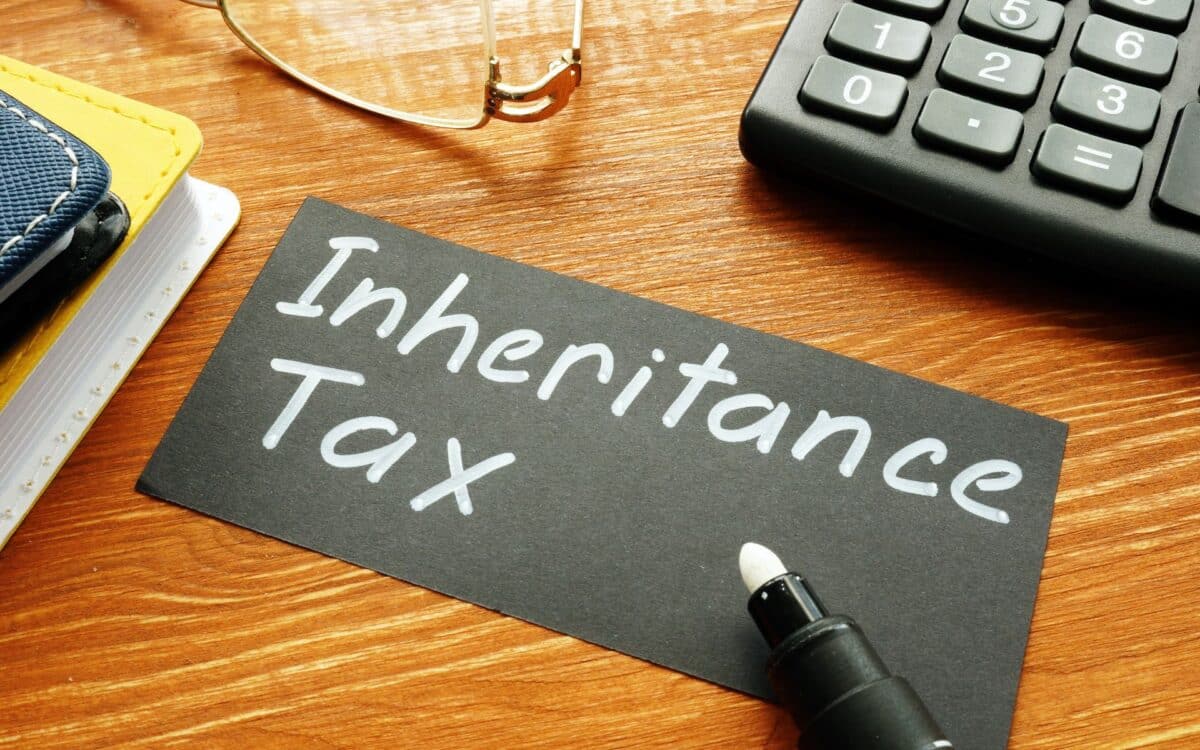The UK is facing significant financial challenges, with the upcoming changes to tax laws expected to affect many families. Among the most pressing concerns is the fact that pensions will become liable for inheritance tax starting in 2027, prompting individuals to review their inheritance strategies.
One approach that has gained attention involves gifting money to family members without incurring inheritance tax. This strategy, however, is not without its conditions. Those wishing to take advantage of it must adhere to three critical rules to ensure they qualify for the exemption.
According to GBNews, understanding these guidelines can provide a way for families to preserve wealth while navigating an evolving financial landscape.
Understanding the Gifting Strategy
Britons can gift unlimited amounts of money to family members without paying inheritance tax, but only if the gifts are made from surplus income. This specific inheritance tax exemption allows for regular gifting, as long as it adheres to three essential criteria.
Sarah Coles, Head of Personal Finance at Hargreaves Lansdown, highlights the significance of this strategy, especially given the looming economic challenges, including Trump’s tariffs and the possibility of a global recession. She states,
The fallout from the tariff drama could come together in a difficult autumn Budget, so we need to fix the roof while the sun shines.
Coles said :
Gifting out of surplus income may also prove popular. You can give any amount, and it leaves your estate straightaway, as long as you can prove the gifts are regular, come from income and don’t affect your standard of living.
The 3 Rules for Tax-Free Gifting
1. Regular and Consistent Gifting
The first rule for tax-free gifting is that the gifts must be made regularly. This isn’t a one-off arrangement but part of a consistent pattern. According to Shaun Moore, a tax and financial planning expert at Quilter, these gifts must form “part of a consistent pattern.” Les Cameron, Head of Technical at M&G Wealth, adds,
It’s one of the most generous reliefs available but also one of the most overlooked because it requires detailed record-keeping.
will typically request evidence to verify that the gifts met the exemption criteria when the giver passes away.
2. Gifts Must Come from Surplus Income
The second rule is that the gifts must be made from surplus income, not from capital. HMRC is particularly stringent in verifying this distinction. Coles explains that these gifts must
Come from income and don’t affect your standard of living.
When verifying this exemption, HMRC will request documentation such as bank statements and a written schedule of gifts to confirm the money comes from regular income rather than savings or investments. Maintaining clear and accurate financial records is essential to demonstrate compliance with this requirement.
3. Gifts Must Not Affect Standard of Living
Lastly, the gifts must not reduce the giver’s standard of living. This rule ensures that the donor is not impoverishing themselves to avoid paying inheritance tax. Coles suggests:
Examples could include paying school fees for a grandchild.
The key is demonstrating that these payments don’t impact one’s lifestyle or financial security.
Coles emphasizes the importance of proper record-keeping :
You will need to make careful notes of your gifting to prove it is being made regularly and enable your loved ones to explain to HMRC if any questions are asked.
Additional Gifting Allowances
In addition to the surplus income exemption, several other gifting allowances are available to help reduce inheritance tax liability. These include:
- £3,000 Annual Allowance: This can be gifted to one person or split between several recipients without triggering inheritance tax.
- £250 Small Gift Allowance: This allows for gifts of up to £250 to as many people as desired, provided they did not receive part of the £3,000 allowance.
- Wedding Gift Allowances: Gifts of up to £5,000 for children, £2,500 for grandchildren, and £1,000 for others are exempt from inheritance tax.
These exemptions allow individuals to reduce their taxable estate without incurring inheritance tax.
Larger Gifts and Potentially Exempt Transfers
For larger gifts, Britons can use the potentially exempt transfer strategy, where gifts pass out of the estate after seven years.
Coles adds :
If you’re concerned about a potential inheritance tax bill, you might want to make the gift sooner rather than later, and get the clock ticking.









